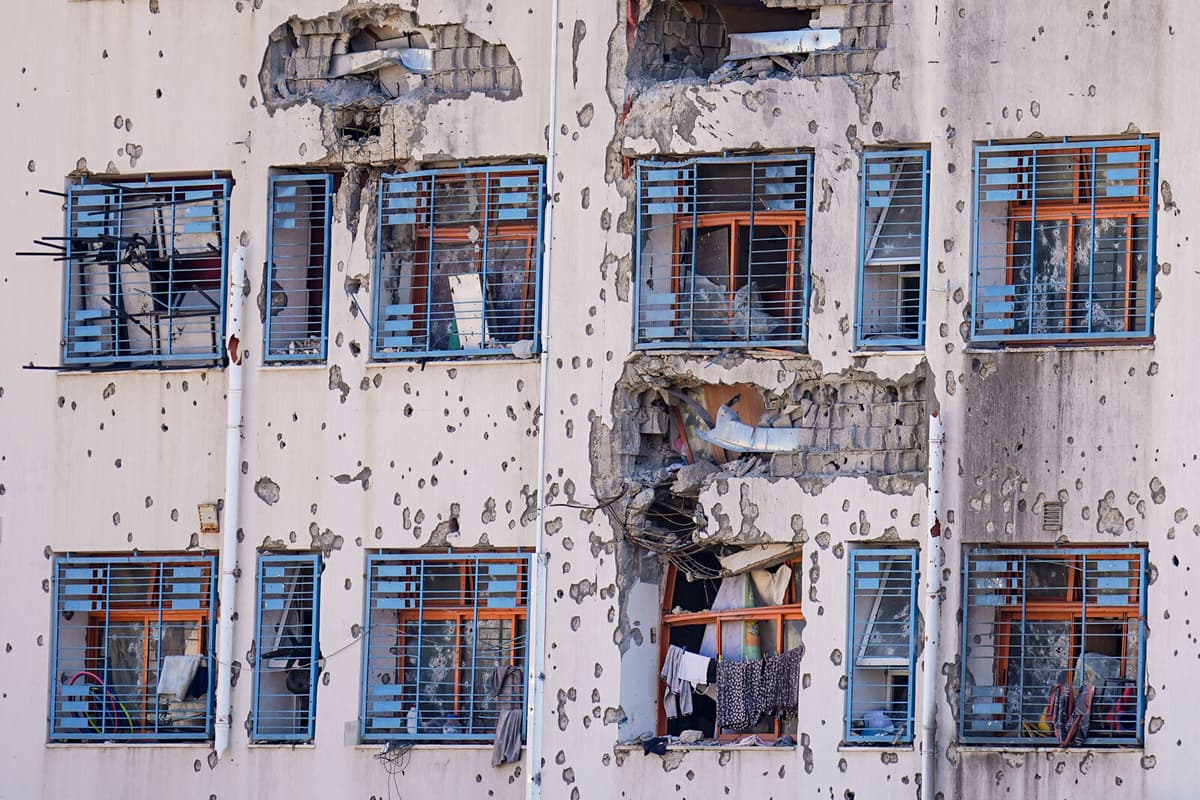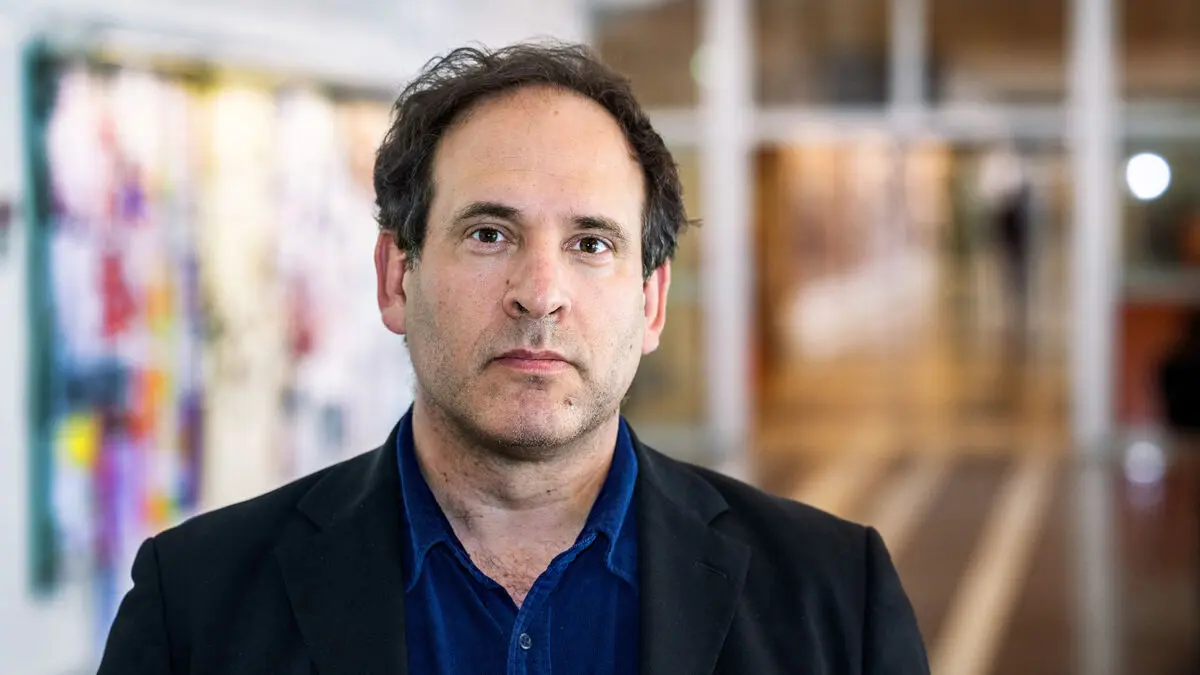The order often came from the military top – and sometimes almost every unit used a Palestinian to clear places in Gaza of explosive materials and men. This is according to an Israeli officer, who wants to remain anonymous due to fear of reprisals, to the news agency AP.
"Take a bug with you", was the expression used.
"You have no choice"
A person who dares to step forward is the 36-year-old Palestinian Ayman Abu Hamadan, who was torn from his family last summer and was detained for over two weeks.
The only time he was not bound or had a blindfold on was when he was used as a shield. Israeli soldiers forced him to enter different houses in Gaza to ensure that there were no bombs or armed men there, he recounts.
Then he was dressed in army clothes and had a camera attached to his forehead. When a military unit was finished with him, he was sent on to the next.
They hit me and said: "You have no other choice, do this or we'll kill you", says Ayman Abu Hamadan.
In total, seven Palestinians who AP has spoken to say they themselves have been used as human shields, both in Gaza and in the occupied West Bank. Two Israeli soldiers say they participated in using the method.
Israel responds
The dangerous and illegal method has become common during the 19 months the war has been going on, according to all. Human rights groups also warn that war crimes have become increasingly widespread.
This is not isolated events, but points to a system failure and a frightening moral collapse, says Nadav Weiman, head of Breaking the Silence, which is founded by Israeli veterans.
Israel rightly condemns Hamas for using civilians as human shields, but our own soldiers describe doing the same thing.
Israel's military has responded to the allegations by stating that they "strictly prohibit the use of civilians as shields". It is also prohibited to force civilians to participate in military operations in any other way, according to the military.
"All such orders are emphasized routinely for the forces", it says.
The military adds, without giving any details, that they are investigating several cases where it is claimed that Palestinians were used in military operations.
Civilians must not be attacked in armed conflicts and must be protected, according to humanitarian principles that the international community has agreed upon.
The laws of war – formally the international humanitarian law – aim to spare combatants, the wounded, prisoners of war, and civilians unnecessary suffering. The core consists of the four so-called Geneva Conventions from 1949, which have been ratified by nearly 200 states. Both state and non-state actors are covered by the laws.
Key words are distinction (separation of civilians and combatants), proportionality (the military significance of an attack must be weighed against the risks it poses to civilians), and caution (all parties must take all possible precautions to ensure that attacks are only directed at military targets).
The fact that non-civilian persons are present among civilians does not mean that the group as a whole can be considered a legitimate target. The civilian population must not be used as so-called human shields to defend against attacks.
The special protection emblem of the medical service must be respected, and the warring parties must do what they can to facilitate humanitarian efforts.
Source: UN, Red Cross, and National Encyclopedia






